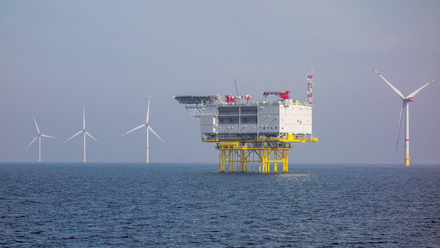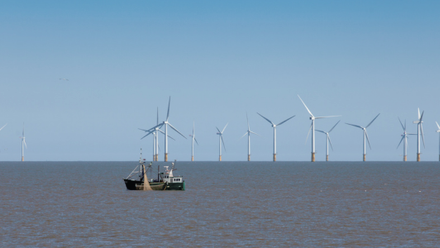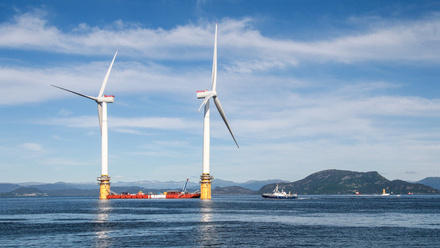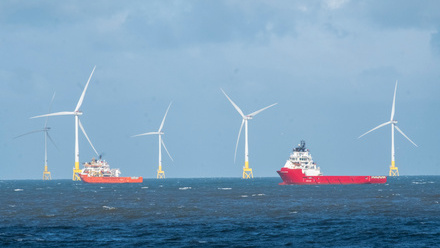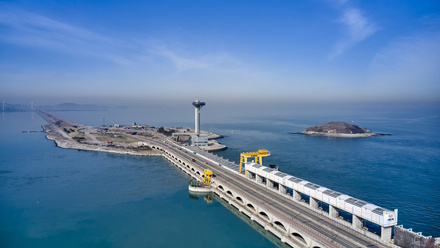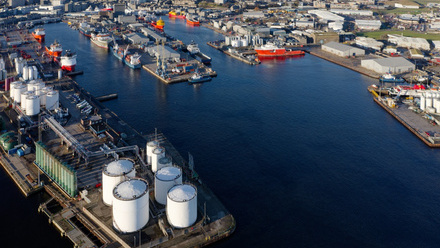Position Statement: Polar Regions – Offshore Renewables Perspective
This position statement was developed by the IMarEST Offshore Renewables SIG.
The IMarEST recognises that offshore renewable technologies – primarily wind but also wave and tidal power – play an important role in reducing the global economy’s dependence on fossil fuels.
In the context of the polar regions the Offshore Renewable SIG believes that exploration and exploitation of the Arctic should not be undertaken in the pursuit of fossil fuels.
The use of zero-emission energy sources is greatly preferable to the use of traditional fossil fuels to meet the energy requirements of marine industries in the polar region. This is essential to mitigate the effects of climate change but also to reduce the impact of localised pollution and harmful emissions to the air and water.
Development of renewable energy outside of the polar regions should be pursued as a priority to ensure a zero carbon future.
A desire for improved access to the vast oil and gas resources in the polar regions is likely to trigger exploration of these areas. However, the IMarEST Offshore Renewables SIG believe exploration and exploitation of the Arctic should not be undertaken in the pursuit of fossil fuels, and that development of renewable energy outside of the polar regions should be pursued as a priority.
It is acknowledged that other activities such as shipping to support international trade and tourism will increase in the polar regions and it is recognised that these activities will have an accompanying energy requirement. The use of zero-emission energy sources is greatly preferable to the use of traditional fossil fuels in order to contribute to mitigating the effects of climate change but also to reduce the impact of localised pollution and harmful emissions to the air and water.
The IMarEST Offshore Renewables SIG recognise all sources of atmospheric emissions in the Arctic and Antarctic as a cause for concern and that the physical characteristics of the polar region exacerbate the potential for harm. For example, during the winter, cold temperatures and strong surface‐based temperature inversions can trap particulate pollution locally. This can lead to significantly to increased pollutant concentrations. The same is also true of liquid spills, litter and other waste, which can become trapped in the ice for extremely long periods.
The IMarEST is committed to continuing to support the development of zero-emission offshore energy sources. We will achieve this by sharing expertise openly among marine stakeholders and providing independent evidence to inform policy makers.
You can download the full statement below:

